
Financial Transaction Taxes in Theory and Practice
Read or listen offline
Recommendation
One idea to curb the excesses of the American financial sector centers on instituting a financial transactions tax. While this sort of tax, imposed on the purchase and sale of financial securities, sounds simple in theory, it could be quite complex in practice. The authors, policy experts from the Urban Institute and the Brookings Institution, explore the issues and find that a US financial transaction tax may be a mixed blessing. Though their report reaches no definitive conclusion, it examines a number of issues and provides comprehensive food for thought. getAbstract suggests this cogent analysis to policy makers, financial services professionals and investors.
Take-Aways
About the Authors
Leonard E. Burman, Sarah Gault, Jim Nunns and Steve Rosenthal work at the Urban Institute. William G. Gale and Bryan Kim work at the Brookings Institution.










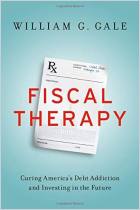
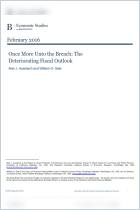

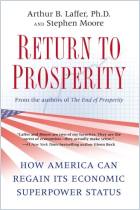
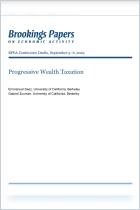
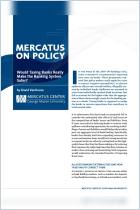
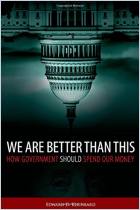
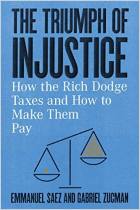





Comment on this summary or 开始讨论